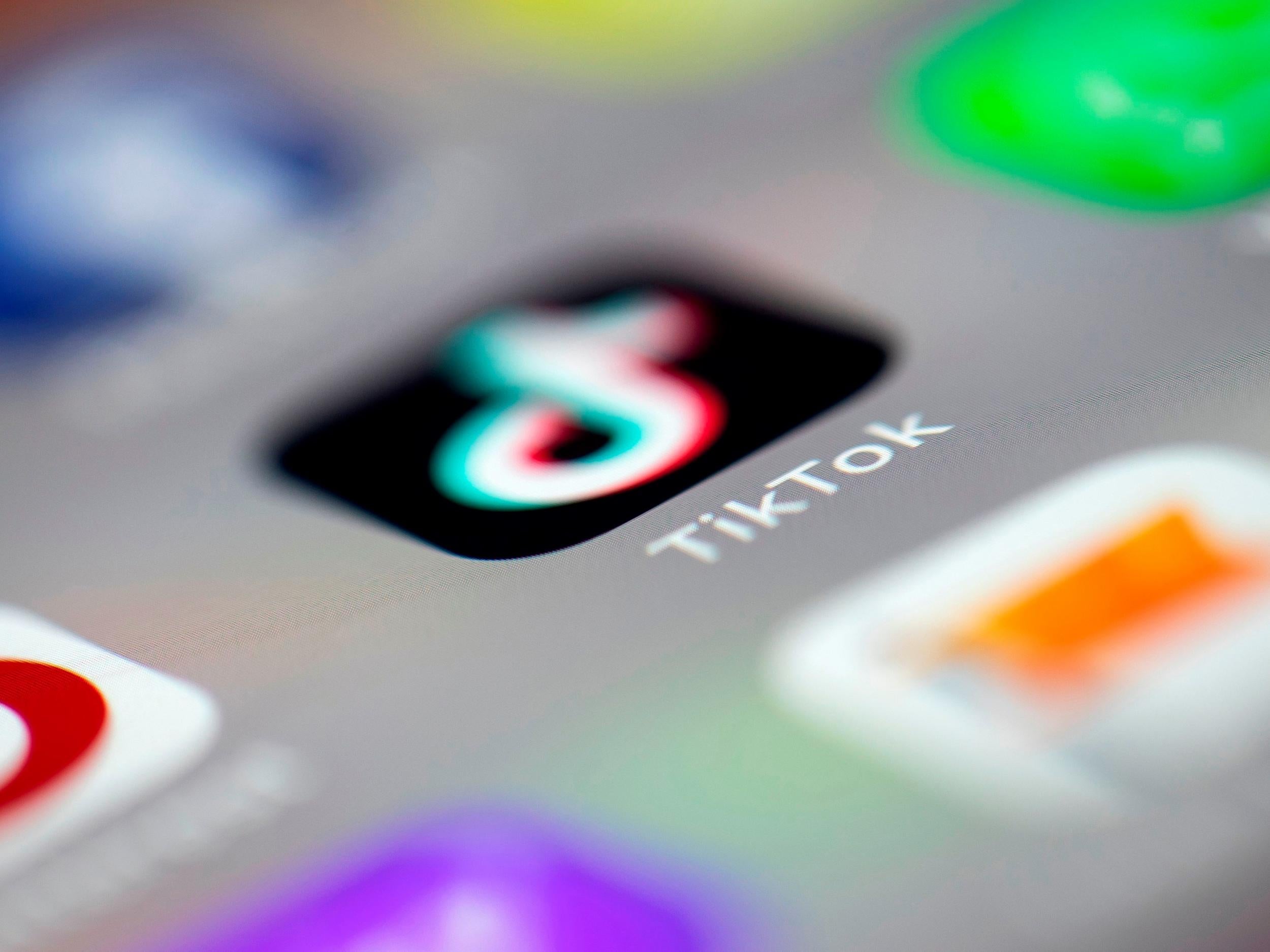TikTok banned in India by Apple and Google over porn concerns
IPhone and Android smartphone users can no longer download hit app following court ruling

Your support helps us to tell the story
From reproductive rights to climate change to Big Tech, The Independent is on the ground when the story is developing. Whether it's investigating the financials of Elon Musk's pro-Trump PAC or producing our latest documentary, 'The A Word', which shines a light on the American women fighting for reproductive rights, we know how important it is to parse out the facts from the messaging.
At such a critical moment in US history, we need reporters on the ground. Your donation allows us to keep sending journalists to speak to both sides of the story.
The Independent is trusted by Americans across the entire political spectrum. And unlike many other quality news outlets, we choose not to lock Americans out of our reporting and analysis with paywalls. We believe quality journalism should be available to everyone, paid for by those who can afford it.
Your support makes all the difference.India has banned the hugely popular video-sharing app TikTok over concerns that it was being used to share pornography.
In response to an order from the Madras High Court, both Apple and Google removed the Chinese app from its online stores.
The removal of TikTok from the Play Store and App Store means people with an iPhone or Android smartphone will no longer be able to download it, however anyone who already has it installed on their device will still be able to use it.
TikTok has grown into a global viral sensation among children and teenagers since launching in China in 2016. The firm claims to have around 500 million users around the world, with more than 120 million people in India currently using the app.
By allowing its users to film and edit short videos of themselves, TikTok claims it is able to "empower everyone to be a creator directly from their smartphones."
But the app has also been accused of illegally collecting information about children and allowing the dissemination of pornographic content.
According to the Madras High Court, young users of TikTok are also vulnerable to sexual predators.
Reaction on social media in India appeared to be largely critical of the ban, with people taking to Twitter and Facebook to express their dismay at not being able to download the app.
Others suggested that the ban amounted to online censorship on the part of the Indian government and could potentially set a dangerous precedent for other apps and services.
More legal hearings are due to take place at both the Madras High Court and India's Supreme Court later this month.
A TikTok spokesperson said the firm was "optimistic" about the outcome and had "faith in the Indian judicial system".
TikTok recently agreed to pay $5.7 million (£4.3m) to settle a case relating to its Musical.ly app, which the US Federal Trade Commission (FTC) claimed was used to illegally collect data on children under the age of 13.
The February settlement also required to remove any TikTok users who were under 13 years old from its app.
Join our commenting forum
Join thought-provoking conversations, follow other Independent readers and see their replies
Comments